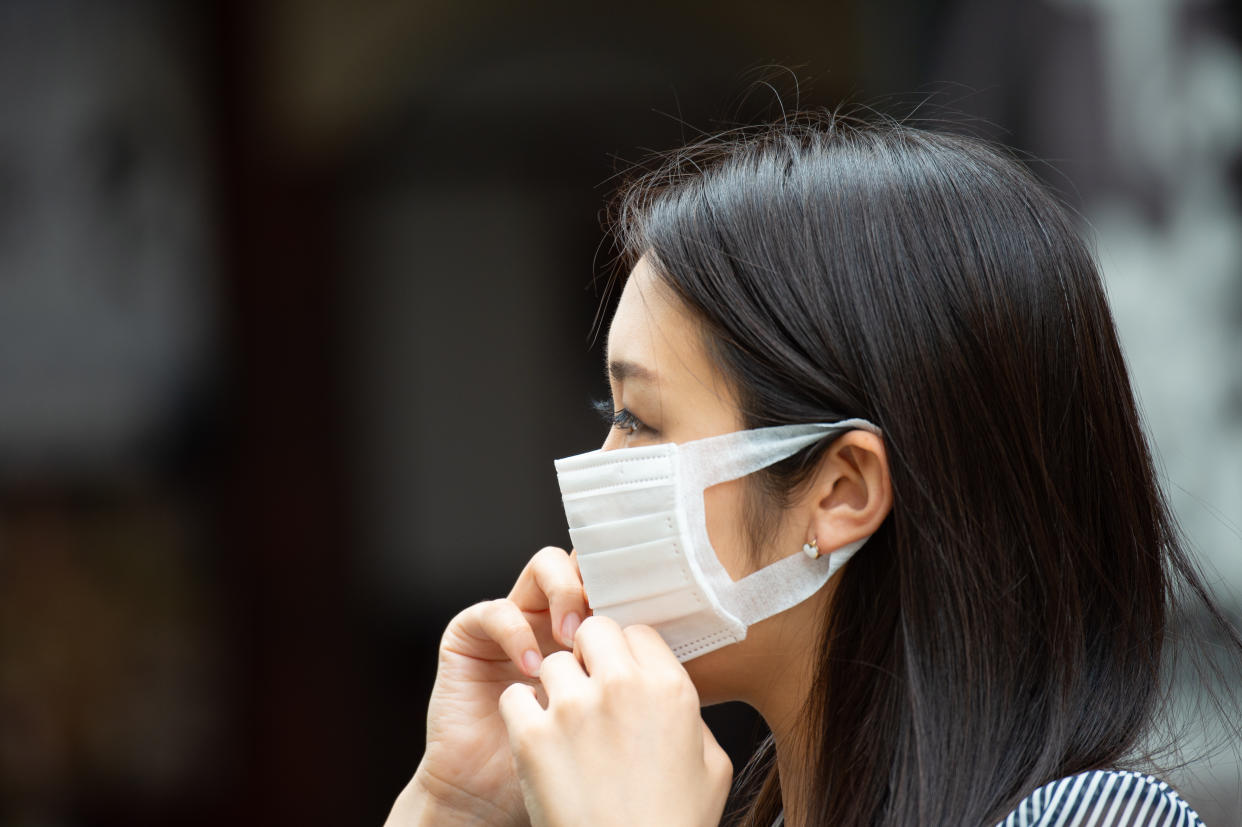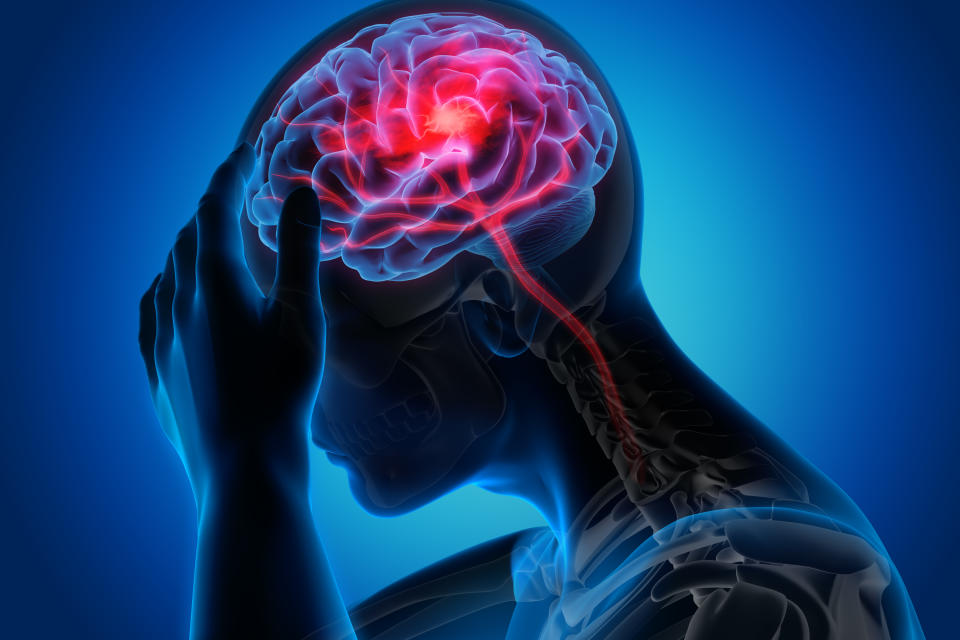Asian ethnicity 'strongly linked' to coronavirus-related stroke, study suggests

People of Asian ethnicity may be more at risk of a stroke if they catch the coronavirus, research suggests.
Early research suggests the infection is mild in four out five cases, however, statistics have repeatedly shown people of non-white ethnicity are more likely to develop complications and die.
In severe cases, studies have suggested the coronavirus may make blood stickier and more likely to clot, raising a patient’s risk of a stroke.
Of these strokes, 86 took place in people with confirmed coronavirus.
Read more: Living with young children linked to reduced risk of dying with coronavirus
Results reveal nearly a fifth of the patients who had the coronavirus and a stroke caused by blocked vessels were Asian, which the scientists called a “strong link”. The medics did not specify where in Asia the participants were from.
This is more than double the rate of this sort of stroke in Asian people who did not have the infection.

Statistics have shown people of black, Asian or minority ethnic (BAME) backgrounds are more likely to become seriously ill with the coronavirus than their white counterparts.
There is a growing frustration around the term BAME by people who might be described as such. The frustration lies in the lack of precision in using this categorisation.
A Public Health England report released in June found that among confirmed coronavirus cases, non-white people were between 10% and 50% more likely to die.
Read more: Immune response six months after overcoming mild coronavirus
An explanation as to why this occurs has been somewhat muddled. It has been suggested a BAME person may be more likely to be obese, or have undiagnosed kidney disease or diabetes – all key risk factors for coronavirus complications.
BAME individuals may also be more likely to have front-line jobs – like care home staff, bus drivers or supermarket employees – raising the risk they will be exposed to the virus.
They may also live in crowded, multi-generational households, where social distancing is almost impossible.
Watch: Can you catch coronavirus twice?
To better understand the risk of strokes among coronavirus patients, the medics analysed hospital admissions that took place between March and June.
The infection was confirmed via a positive test within four days of admission or 10 days after a patient arrived at hospital with suspected coronavirus.
Of the 86 strokes that occurred, 81 were ischaemic – caused by blocked blood vessels – while the remainder were intracerebral haemorrhages, caused by burst blood vessels.
The 86 strokes were compared against 1,384 other events – 1,193 ischaemic and 191 intracerebral – that affected people who did not have the coronavirus over the same time period.
In the 78% to 86% of cases where the patients’ ethnicity was recorded, the results – published in the Journal of Neurology Neurosurgery & Psychiatry – revealed nearly one in five (19%) of those who had the coronavirus when they endured their stroke were Asian.
This is compared to just 7% of the ischaemic stroke patients who were Asian but did not have the infection.
Read more: App could detect asymptomatic coronavirus
“Our study suggests COVID-19 [the disease caused by the coronavirus] has had more impact on strokes in the Asian community than in other ethnic groups,” said lead author Dr Richard Perry.
“We cannot say from our data whether this is because Asians are more likely to catch COVID-19, but it seems unlikely this is the sole explanation.”
The medics found ischaemic strokes were more common in Asian coronavirus patients than their Afro-Caribbean counterparts.
“Evidence from Public Health England suggests that, in the UK, people of Afro-Caribbean origin are at the highest risk of catching COVID-19, whereas those of Asian descent have only a marginally higher risk than white people,” said Dr Perry.
“We suspect, therefore, Asian people who contract COVID-19 may have a higher risk of COVID-19-associated stroke than is seen in other ethnic groups.”
Ethnicity aside, the results also revealed the coronavirus-related strokes were more serious than those that took place in people without the infection, with an average stroke severity score of eight versus five.
Levels of D-dimers, a marker for blood stickiness, were also higher in coronavirus-related strokes.
Coronavirus patients who had an ischaemic stroke also had more severe disability on discharge, with an average score of four out of six.
One in five (20%) of the coronavirus patients died in hospital, compared to one in 10 (10%) of those who had a stroke but not the infection.
“These findings confirm COVID-19 has an important influence over the onset, characteristics and outcome of acute ischaemic stroke,” wrote the medics.
“We suggest COVID-19 may provoke the onset of an ischaemic stroke through a variety of thrombotic [clot forming] and inflammatory mechanisms, promoting generation of thrombus [blood clot] in the heart or large vessels or via small vessel occlusion [blockage].
“Which of these mechanisms manifests in a given patient may be determined by that individual’s conventional vascular risk factors, such as atrial fibrillation [abnormal heart beat], large vessel atheroma [artery narrowing], hypertension [high blood pressure] or type 2 diabetes mellitus.
“Our study provides the most compelling evidence yet that COVID-19-associated ischaemic strokes are more severe and more likely to result in severe disability or death, although the outlook is not quite as bleak as previous studies have suggested.”
Past research has suggested the coronavirus may trigger strokes in young men, however, this was not backed up by the National Hospital’s medics’ results.
Watch: What is long COVID?



